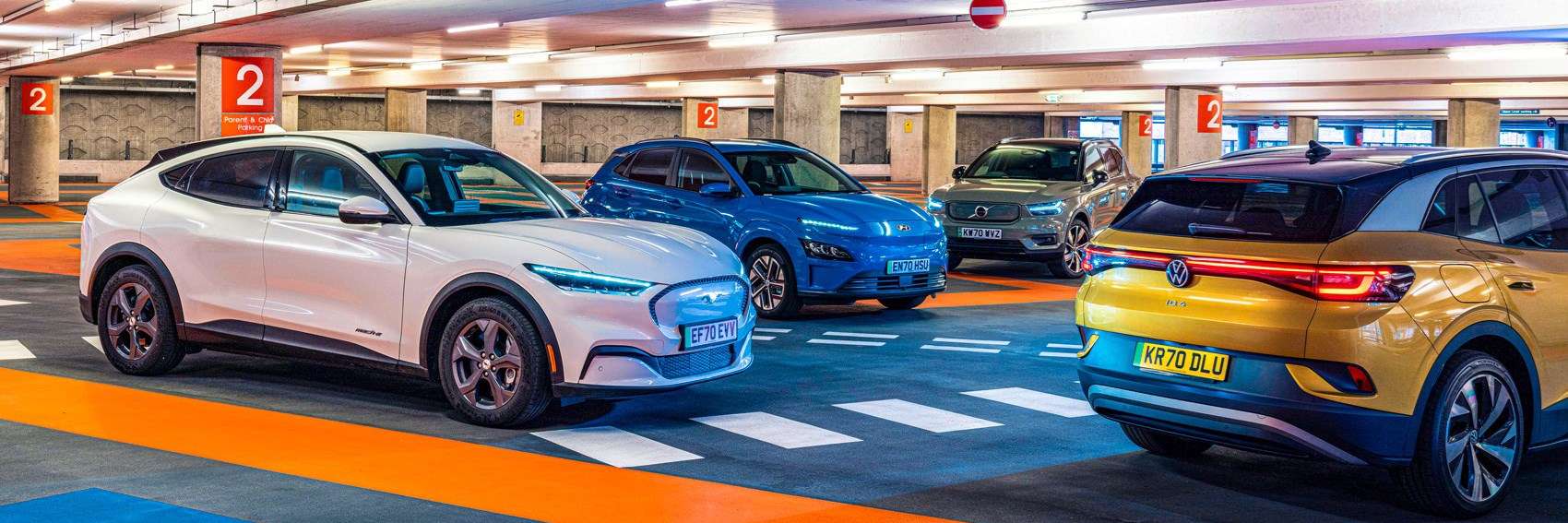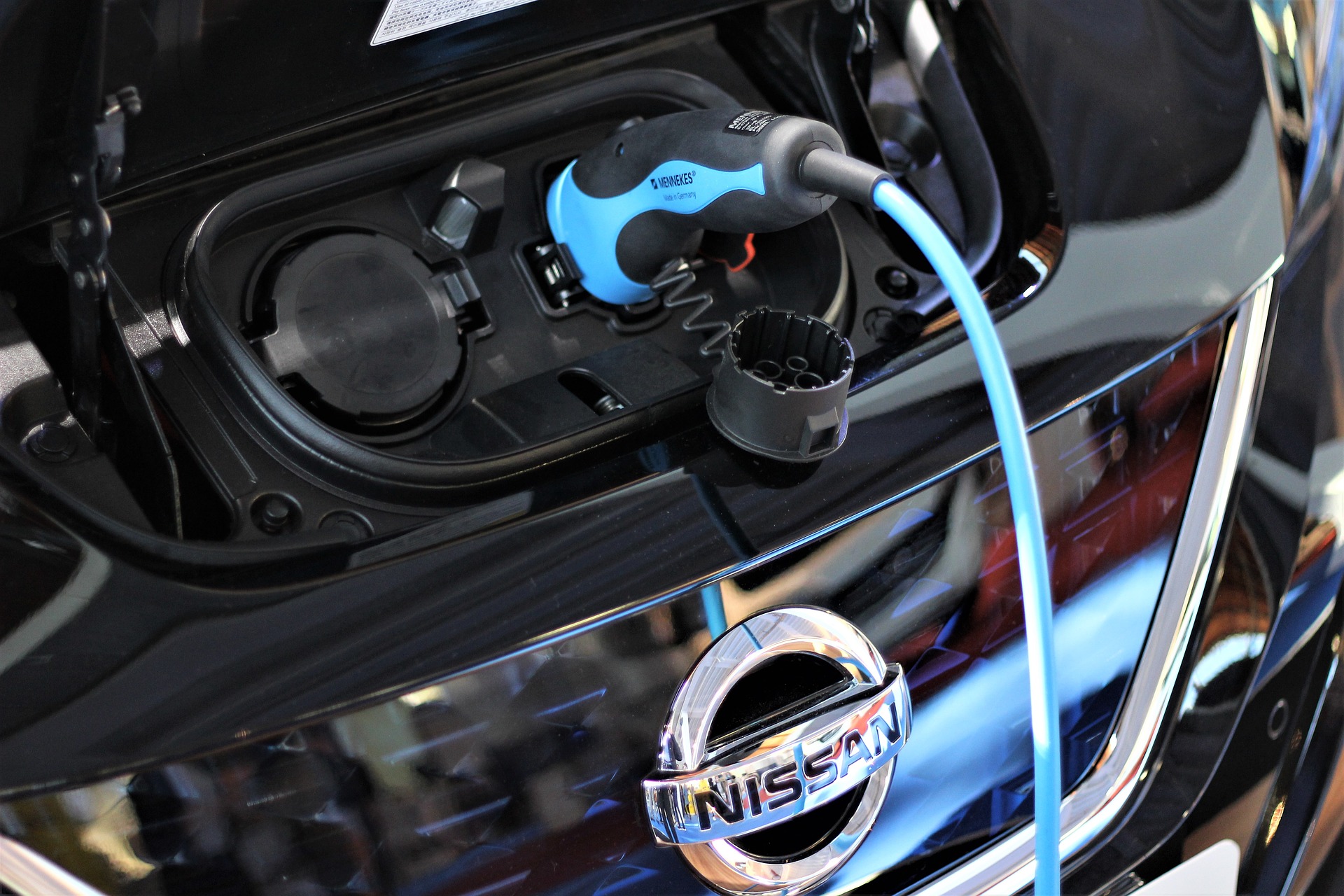
Though electric and hybrid vehicles are gaining popularly by the day, it’s understandable that you might have some questions. From charging your car to environmental impact, this guide should tell you everything you need to know about the world of electric and hybrid vehicles.
SafetY
Motorists opting for pure-electric cars don’t have to compromise on safety – the latest models have demonstrated that EVs can be just as safe as their equivalent petrol or diesel counterpart. Many EVs, including the Nissan LEAF and Toyota C-HR have been awarded the top five-star Euro NCAP ratings.
Practicality
With cars like the Nissan LEAF, the Kia Soul EV and the VW e-Golf, electric vehicles now offer unprecedented practicality – with room for five, spacious boots and a range that satisfies the vast majority of commuter distances, EVs like these have never been more viable as alternatives to petrol and diesel cars. And there are many more like them on the way.
Charging
You can easily charge your EV at home or on the move. Electric cars can plug in to your domestic 13amp power supply at home, the same as your vacuum cleaner or TV. In fact, trials have shown that’s what most EV users do – 85 per cent plug in and charge overnight at home or work.
Charging on the move is becoming just as simple. As EVs gain popularity, charging points are popping up everywhere. You can see your closest charging point on our map here.
Range
Most new electric cars have a range of around 100 miles. That doesn’t sound like a lot but given that 80 per cent of Europeans drive less than 63 miles every day and the average UK driver travels just 25 miles, 100 miles on a charge should be more than enough for most needs.
Type
With the EV landscape constantly evolving, it can be hard to keep track on the types of EVs on the marketplace. ‘Plug-in Hybrids’ (PHEV) have a larger battery that can be charged using mains electricity, allowing you to drive further at higher speed on pure electric power before the engine kicks in. There are also ‘Extended Range’ electric vehicles (E-REV) like the Vauxhall Ampera, which can go even further on electric-only power – the Ampera’s onboard petrol engine is only there to generate electricity when the batteries are depleted. And, of course, there are 100% electric vehicles such as the Nissan LEAF and supercar Tesla Roadster (it can hit 60mph in just 3.7 seconds!).
Charge time
Charging times completely depend on the size of the car and how big the battery is. The typical charge time for pure-electric cars using a standard UK home wall socket is between six and eight hours. PHEVs and E-REVs take much less time to charge because they have smaller batteries. Most new pure EVs can also use rapid charging points that can top up the batteries to 80% capacity in around 30 minutes.
Costs
Electric cars are more expensive to buy than traditional cars. This is because the high-tech batteries are very expensive right now. But don’t let the high sticker price put you off – running costs are a lot lower than petrol or diesel equivalents. Charging an electric car is seriously cheap. For a typical pure electric car charged from flat to full, the cost could be as little as £0.96p depending on tariff, but it’s very unlikely to be more than £3.40. And that’s for 100 miles range. EVs are also road tax exempt, you don’t have to pay the London Congestion Charge and benefit from free parking in many Pay & Display spots.
Environment
Electric cars are sometimes touted as ‘zero emission’, but that’s misleading. They have zero tailpipe emissions, but there are emissions created in the generation of electricity. The average CO2 rating for a mid-size electric car in the UK, when you look at the ‘well-to-wheel’ figure, is about 80g/km. A fair comparison with a traditional car must also look at ‘well-to-wheel’ figures – taking into account the drilling for oil, transporting, refining and then transporting again. The average figure for a mid-size combustion-engine car is between 147g/km and 161g/km, so electric cars are ‘greener’. And as the national grid gets cleaner, so of course do electric cars.
Incentives
There are tax and rebate cash incentives for purchasers of electric cars in many markets. In the UK the ‘Plug-in Car Grant’ currently offers buyers up to £5,000 toward the cost of selected cars, while in the US a similar scheme is in operation with a $7,500 tax credit. Also, in the UK you’ll likely be exempt from Vehicle Excise Duty, Fuel Duty and company car tax and in London you don’t have to pay the Congestion Charge and will often find you can park in Pay & Display spaces for free.
Weather
Electric cars work in all kinds of weather, including heavy rain, snow and blazing heat. Front-rank manufacturers like Nissan, Renault and BMW conduct extensive testing in extreme weather conditions. Batteries left for weeks in sub-zero temperature should be fine if the EV is plugged in, but they could be damaged if not. And the range of an electric vehicle will be negatively affected by the use of the car’s heater, so many EV’s offer ‘pre-conditioning’, which warms the cabin while the car is still being charged – that way, you don’t waste energy heating up the cabin when you set off on your journey. In extreme heat, some manufacturers use water or air-cooling to thermally manage the batteries.




 Previous Post
Previous Post Next Post
Next Post